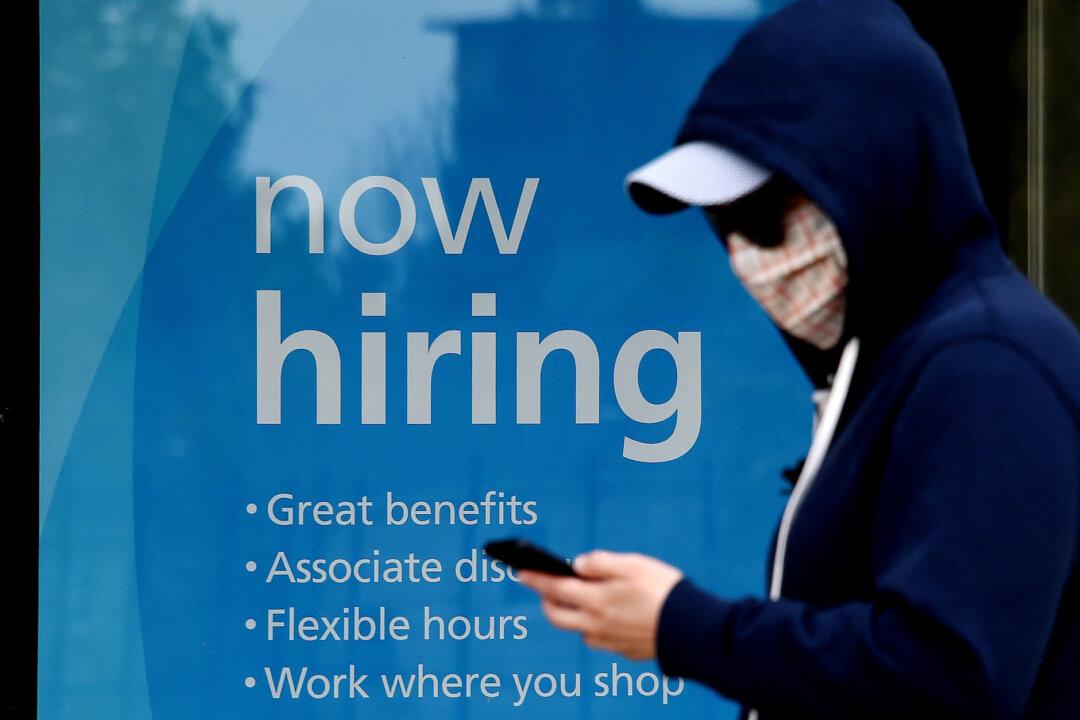Federal and state authorities are warning that unemployment benefit fraud is on the rise amid record-high jobless claims filed during the COVID-19 pandemic.
“In a large-scale scam erupting in the midst of the Coronavirus pandemic, imposters are filing claims for unemployment benefits, using the names and personal information of people who have not filed claims,” said Seena Gressin, an attorney at the Federal Trade Commission (FTC), in a statement on Wednesday.





